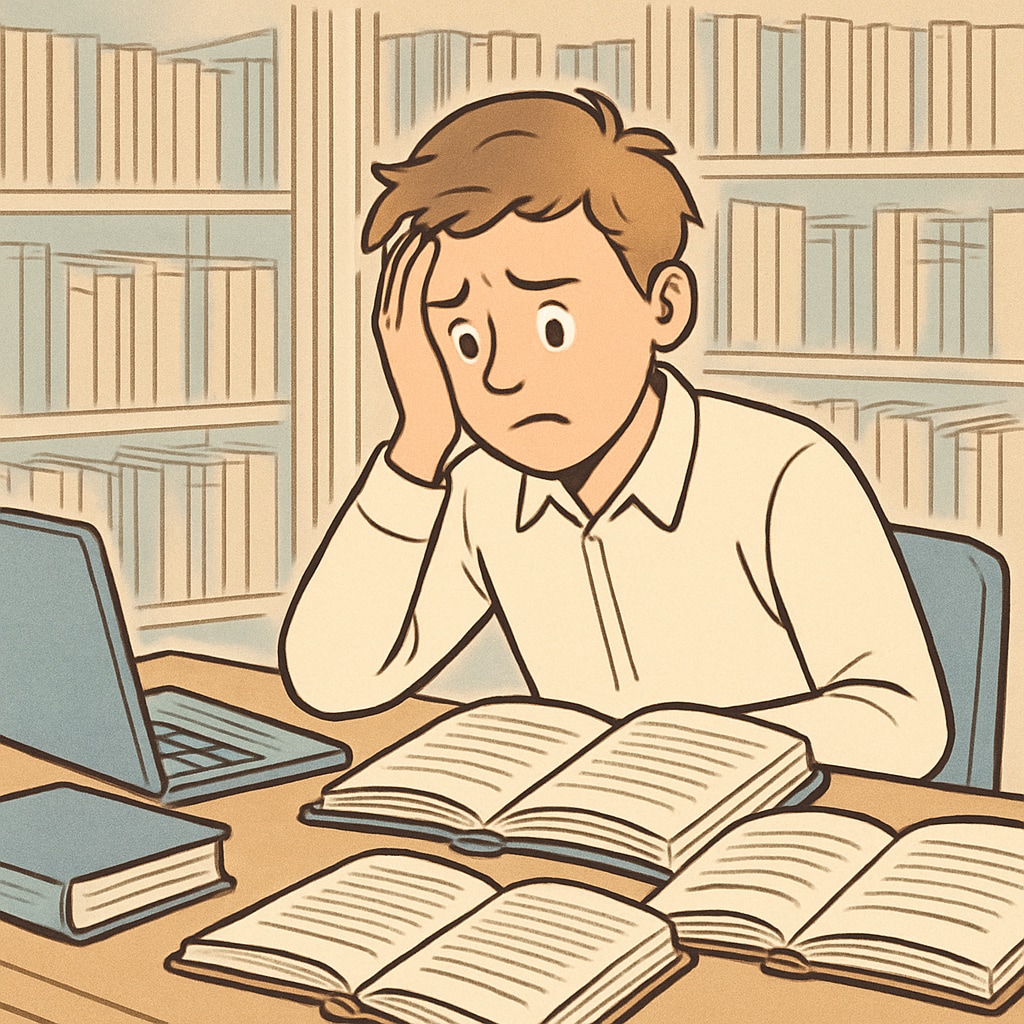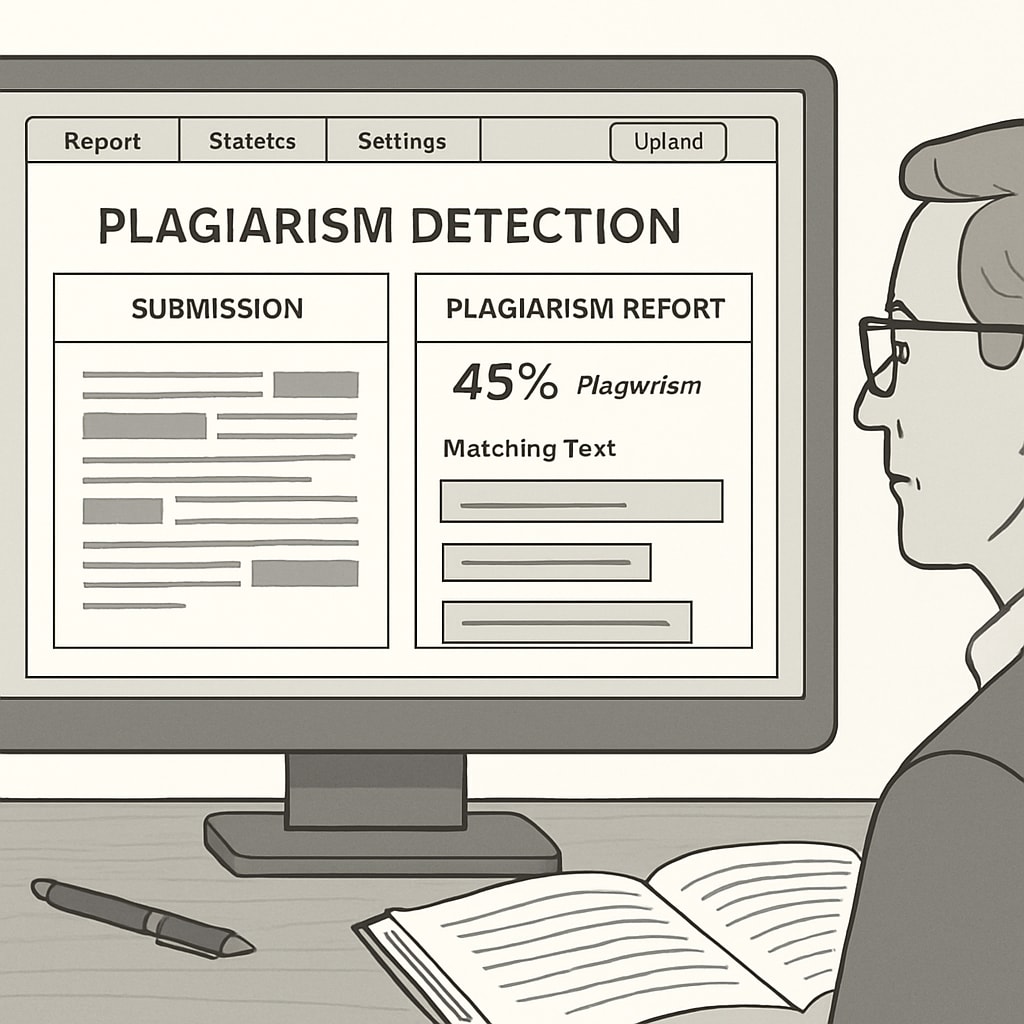Plagiarism accusations are serious claims that can profoundly affect a student’s academic journey. However, when professors make unfounded allegations, it raises critical questions about fairness, transparency, and the balance of power in education. This article explores the consequences of such accusations and calls for better systems to protect both academic integrity and student rights.
The Impact of Unfounded Plagiarism Accusations
Students often rely on the educational system to foster growth, creativity, and intellectual exploration. Yet, an unjustified plagiarism accusation can undermine these principles, causing emotional distress and academic setbacks. For example, such claims can lead to:
- Psychological stress and a decline in mental health
- Damage to a student’s reputation and academic record
- A chilling effect on creativity and intellectual risk-taking
According to the Wikipedia entry on plagiarism, the concept itself is complex and can involve varying degrees of intent. This nuance is often overlooked, leading to overly punitive measures against students who may have simply misunderstood citation practices.

The Role of Professors in Safeguarding Academic Integrity
Professors hold significant authority in academic settings, making their judgments on plagiarism critical. However, this authority comes with responsibility. Unfounded accusations often stem from:
- Misinterpretation of a student’s work
- Bias or preconceived notions about a student’s abilities
- Overreliance on automated plagiarism detection tools
These tools, while helpful, are not infallible. They may flag common phrases or incorrectly identify similarities as plagiarism. As noted by Britannica’s explanation of plagiarism, distinguishing between intentional and unintentional plagiarism is key to fair outcomes.

Building a Fair and Transparent Academic Integrity Process
To ensure that academic integrity safeguards both students and educators, institutions should implement clear, transparent mechanisms for handling plagiarism accusations. Key recommendations include:
- Providing students with detailed guidelines on proper citation and academic honesty
- Training professors to recognize unintentional plagiarism and assess cases fairly
- Establishing a neutral review board to evaluate disputed accusations
Additionally, students must be empowered to challenge allegations without fear of retaliation. Educational institutions must foster a culture of mutual respect and understanding, ensuring that the pursuit of academic integrity does not come at the expense of student well-being.
Conclusion: Striking the Right Balance
Unfounded plagiarism accusations by professors highlight the need for a balanced approach to academic integrity. While it is essential to uphold high standards, it is equally important to protect students from undue harm. By fostering transparency, offering guidance, and encouraging dialogue, educators and institutions can create an environment that values both integrity and fairness.
Readability guidance: This article uses concise paragraphs and lists to enhance comprehension. It balances authoritative language with accessibility, ensuring clarity for a broad audience.


